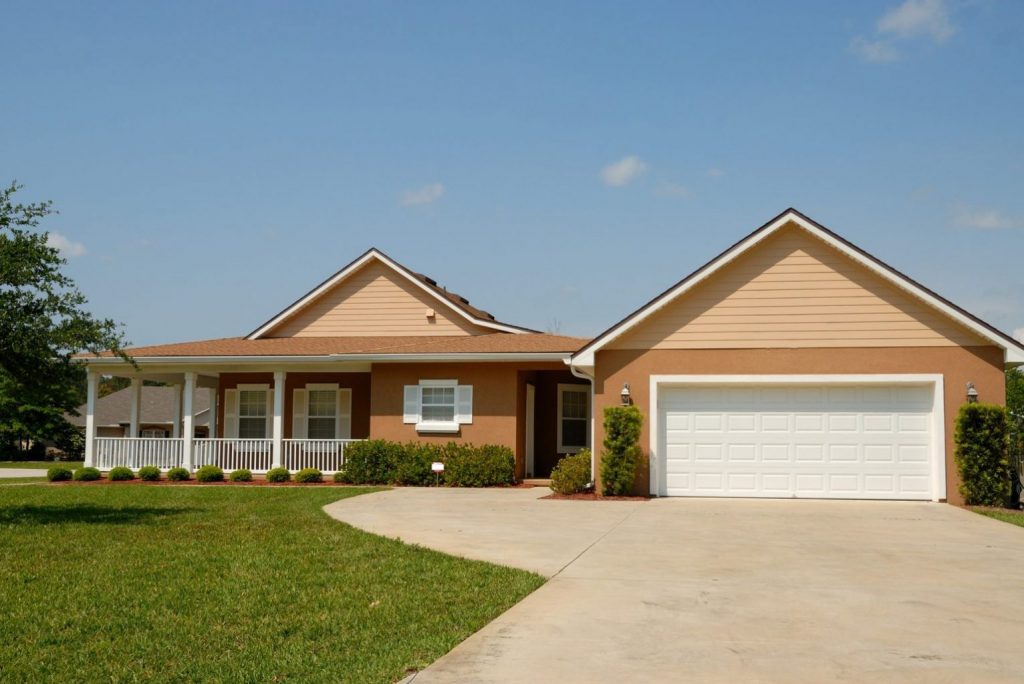Introduction
Investing in Nigerian real estate can be a lucrative and rewarding endeavor for both local and international investors. With a rapidly growing economy and a thriving real estate market, Nigeria offers great opportunities for those seeking to build wealth through property investments. However, like any investment, there are key considerations that one should take into account to ensure a successful outcome. In this article, we will explore these considerations and provide you with insights to make informed investment decisions.
Understanding the Nigerian Real Estate Market
Before diving into real estate investment in Nigeria, it is crucial to understand the market dynamics and trends. The Nigerian real estate market is characterized by a high demand for housing due to population growth, urbanization, and a rising middle class. Additionally, the government’s focus on infrastructure development and foreign direct investment has further fueled the demand.
Economic Stability and Legal Framework
One of the first factors to consider when investing in Nigerian real estate is the country’s economic stability. A stable economy provides a conducive environment for real estate investments to thrive. Additionally, understanding the legal framework is essential to ensure that your investment is protected and compliant with local regulations. Engaging with a reputable legal advisor who specializes in Nigerian real estate can help navigate through the legal complexities and mitigate potential risks.
Location, Location, Location
The importance of location cannot be overstated when it comes to real estate investments. In Nigeria, choosing the right location is critical for maximizing returns. Urban areas, such as Lagos, Abuja, and Port Harcourt, offer high demand for both residential and commercial properties. It is recommended to invest in areas with good infrastructure, proximity to amenities, and potential for future development.
Perform Due Diligence
Conducting thorough due diligence is paramount before making any real estate investment. This includes researching the property’s title, verifying ownership, and assessing any potential legal or financial encumbrances. Engaging a qualified surveyor to assess the property’s physical condition and an experienced valuer to determine its market value is also crucial. By performing these due diligence activities, you can minimize the risk of investing in properties with hidden problems.
Financing Options
Considering the availability of financing options is essential when investing in Nigerian real estate. While some investors may have the capital to make a cash purchase, others may opt for mortgage financing or partnerships with local financial institutions. Exploring different financing options can help you optimize your investment and leverage your capital efficiently.
Engage Local Experts
Navigating the Nigerian real estate market can be complex, especially for foreign investors. Engaging with local experts, such as real estate agents, property managers, and lawyers, is highly recommended. These professionals possess valuable market knowledge and can guide you through the entire investment process, from property selection to legal procedures.
Conclusion
Investing in Nigerian real estate offers immense potential for financial growth. By considering the key factors discussed in this article, you can position yourself for success in this thriving market. Remember to conduct thorough research, understand the legal framework, choose the right location, perform due diligence, explore financing options, and engage with local experts. With careful planning and informed decision-making, your investment in Nigerian real estate can yield substantial returns.

ABOUT THE AUTHOR
AdHang is a top Real Estate Digital Marketing Agency located in Nigeria, with over 15 years of experience in digital marketing in Africa. The agency has helped many companies across the globe to reach millions of target clients and prospects via the Internet.






